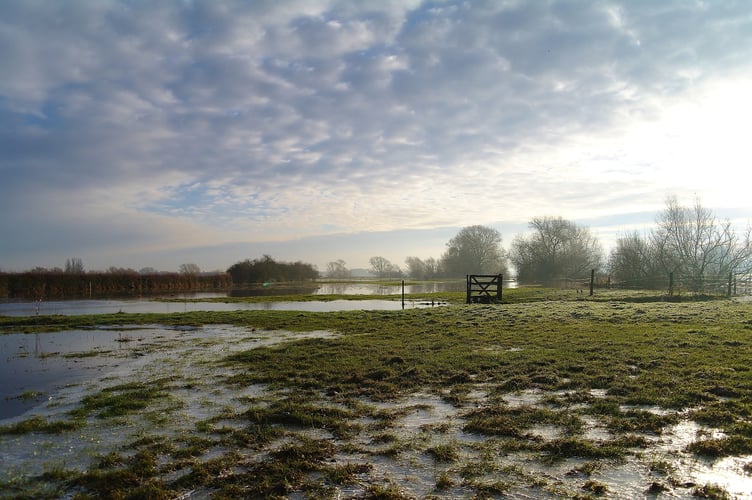Recent images of Plymouth residents and businesses cleaning out floodwaters serve as a reminder of the unpredictable weather we now face. We are seeing the costs of these weather extremes in both human and economic terms.
Most of us seeing the media coverage of extreme weather events locally and around the world want urgent action to transform our energy system to prevent further disruption to our climate and our lives. Yet, in the same week, and after the hottest summer on record, Conservative Party leader Kemi Badenoch called for more extraction of the fossil fuels that are destabilising our climate.
In fact, she has advocated for the extraction of “all” available oil and gas from the North Sea in a move that seems intended to outflank Nigel Farage and his Reform Party in their denial of observable and scientific facts.
Political leaders are first and foremost entrusted to keep us safe and to mitigate public risks. Climate change is an issue that requires them to take a long-sighted view, with consideration of the consequences of their decisions decades into the future. Too often, it seems, they act on the short-term vested interests of companies that profit from fossil fuels and are actively working against the energy transition.
Both Badenoch and Farage have accepted donations from donors with interests in fossil fuels, while seemingly ignoring the human and financial costs of continuing to use them. Instead they are quick to highlight the costs of changing our energy system and seek votes by promising to cut taxes and bills by scrapping the energy transition.
It’s true there are costs to replacing a fossil fuel-powered economy with one that runs on renewable energy. However, electricity generated by renewables is much cheaper than fossil fuels, and most of the required investments will be made by private
companies. The main public cost will be in installing new power lines and upgrading the national grid.
This type of forward-looking investment has always been necessary to safeguard our future. The construction of the first national electricity grid began soon after the human and economic devastation of the First World War and took ten years to build. In 1950, as the country recovered from the Second World War, it was recognised that the electricity network could not meet future consumer demand, and a 12-year project to create a supergrid was paid for and built.
If we agree that climate change poses the greatest risk to us – and polling suggests that most people do – why are some political leaders arguing against the actions needed to safeguard the country’s future? Why do they argue that we cannot afford to build the infrastructure needed to end our reliance on polluting fossil fuels, when history tells us the opposite?




Comments
This article has no comments yet. Be the first to leave a comment.